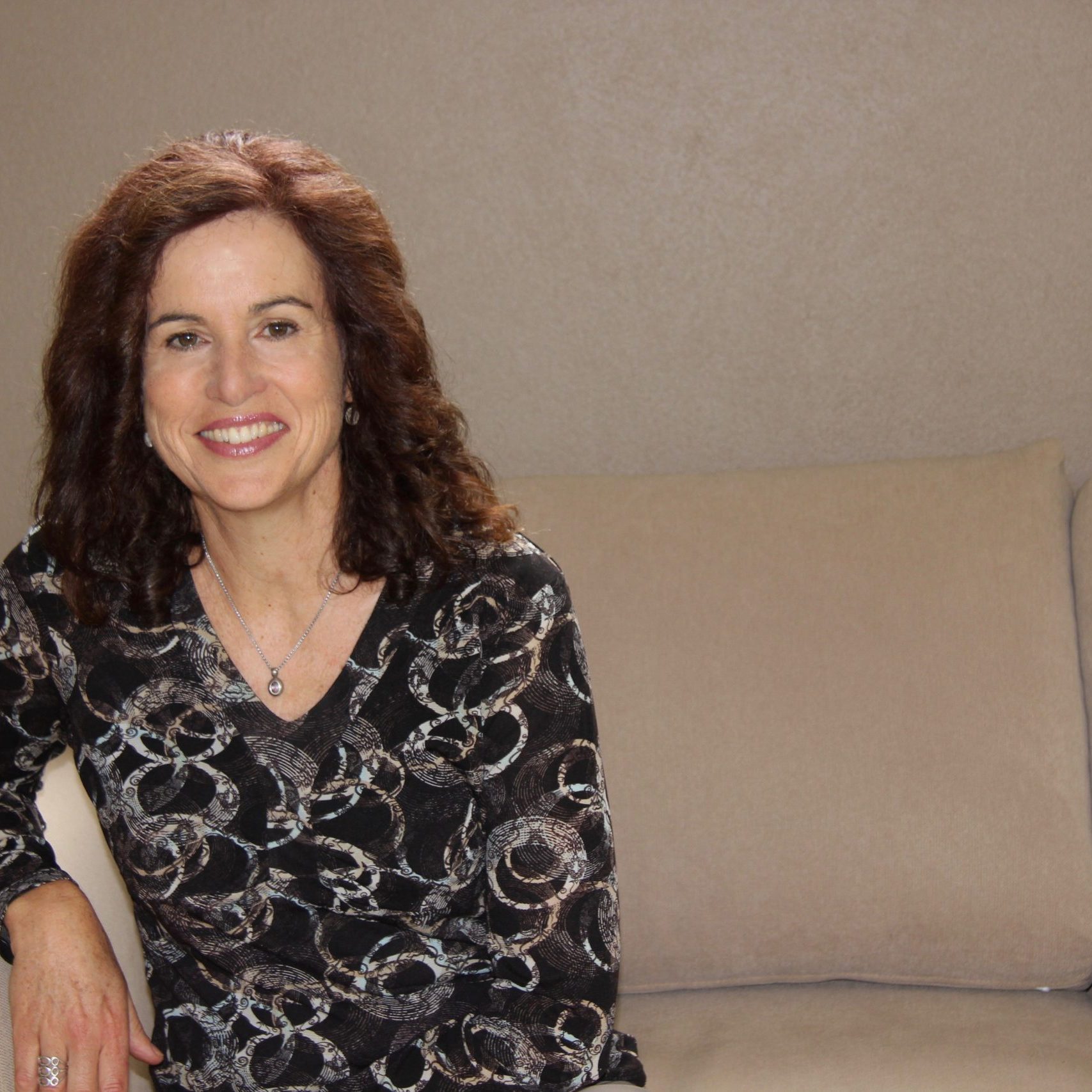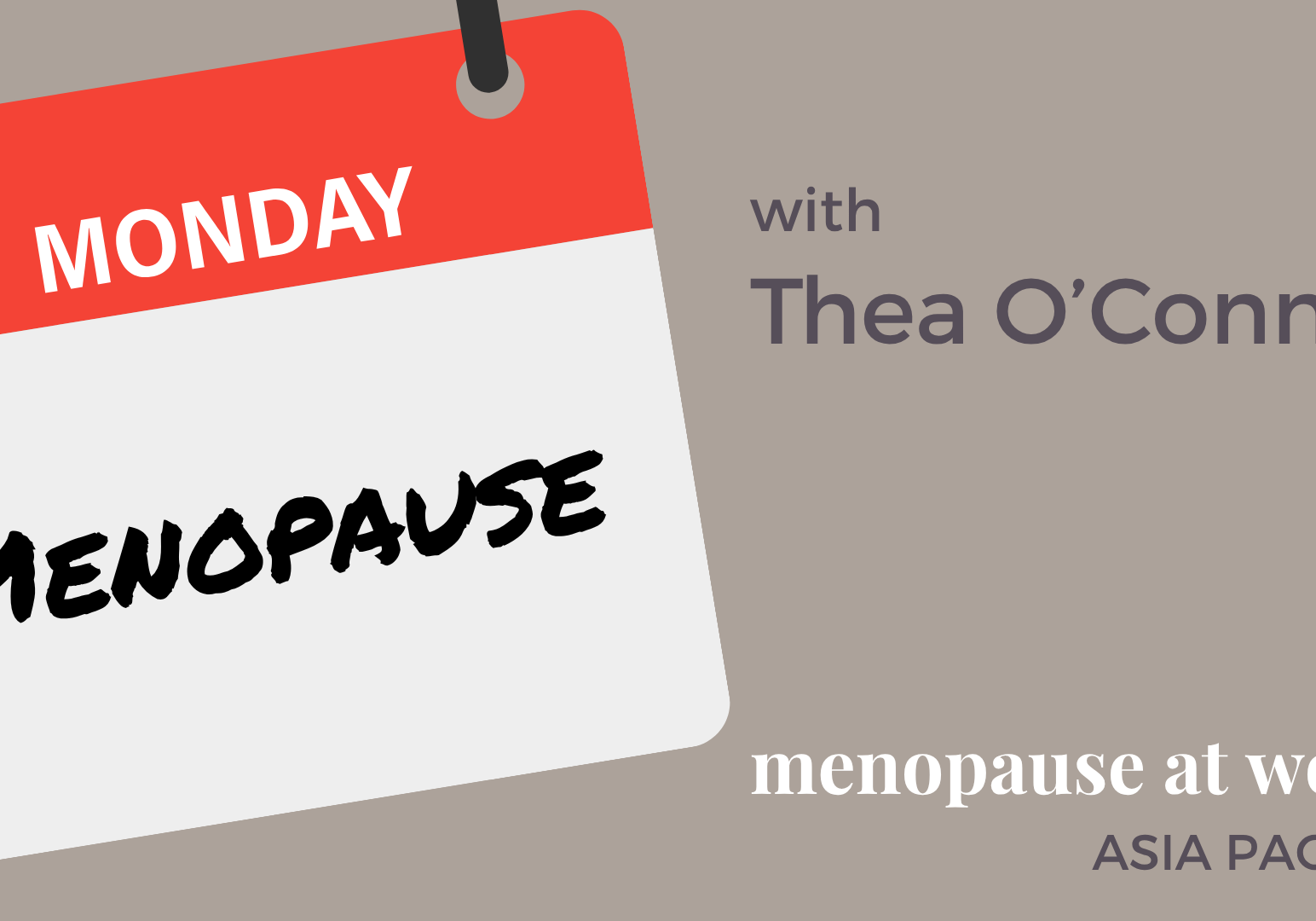Whats in your Cart?
Video Transcript
I’ve been really enjoying learning about the different ways cultures view menopause. For example, research shows that in societies where aging is seen more positively—such as Vietnam, Sri Lanka, and Thailand—women also tend to view menopause more positively. In these cultures, menopause is seen as a natural part of aging that doesn’t diminish a woman’s value or worth.
In Japan, the word associated with menopause is konenki (pardon the pronunciation), which means “renewal.” It’s described as a time when a woman’s leadership responsibilities rise and her status is elevated. Similarly, in a number of Indigenous communities, post-menopausal women often become community leaders. Among the Mayan people, women have even reported looking forward to menopause, viewing it as a time of freedom and increased social standing.
In stark contrast, in Iraq and other Arabic-speaking regions, menopause has been described as the “age of despair” or the “age of hopelessness.” Thankfully, women in these regions are now working to change this perception.
So, what about our Western culture? I think it’s fair to say that our attitudes have been shaped by generations of myth and misogyny. But I also believe we’re on the cusp of positive change.
These examples show just how much cultural attitudes can shape how we experience this life stage—from despair to renewal. And since culture influences our self-concept, often without us even realising, it’s worth pausing to reflect: What attitudes toward menopause have I grown up with? Do they serve me? Which beliefs do I want to accept—and which do I want to reject?
In this week’s Menopause Monday chat, I look into the different ways different cultures view menopause. The culture we live in can have radically different ideas about what this life stage is all about. Given that culture can have a significant impact on our self-concept, it makes sense to reflect on the cultural beliefs we may have absorbed, perhaps without even being aware of them, and to ask: do they serve me or not? And therefore, what do I want to keep and what do I want to reject?
You can explore this further in Thea O’Connor’s full TEDx talk, available on YouTube.
Share this post on your socials:

Introducing, Thea O'Connor
Thea is a workplace wellbeing advisor, TEDx speaker, and national leader on menopause at work. She draws on her own qualitative research with working women, 30 years’ experience in health promotion, and a deep understanding of workplace culture to design practical, inclusive support. Known for tackling taboo topics with ease and insight, Thea helps organisations create healthier, more supportive environments—particularly for people navigating menopause.


